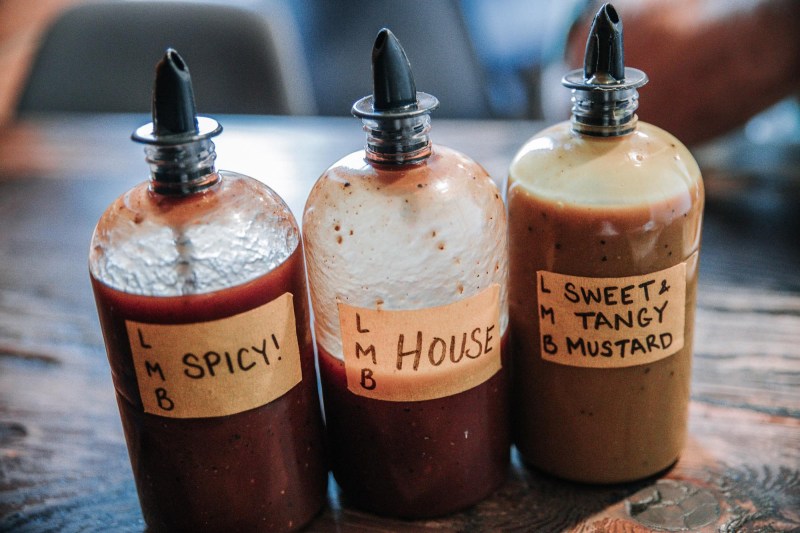The bottle of barbecue sauce in my fridge had been there since last summer’s cookout, and as I twisted the cap open, I couldn’t help but wonder: does barbecue sauce go bad? It smelled okay, but the color had darkened, and the texture seemed a little… off. We all have that one condiment lurking in the fridge door, but unlike ketchup or mustard, barbecue sauce doesn’t get the same shelf-life spotlight. Let’s fix that and walk through the signs, storage tips, and safety rules.
How long barbecue sauce lasts

Barbecue sauce is acidic and sugar-packed, which helps it last longer than many sauces. But that doesn’t mean it’s immortal. Some premium sauces with natural ingredients may have shorter lifespans, so always check the label.
- Unopened: A sealed bottle can last up to 12 months past its best-by date if stored in a cool, dark pantry.
- Opened: Once opened and refrigerated, most barbecue sauces are good for 6 to 12 months.
- Homemade: These typically last up to 7 days in the fridge unless preserved or pasteurized.
Signs that barbecue sauce has gone bad
How do you know when your sauce is past its prime? If you’re second-guessing it, it’s better to be safe than saucy. Toss it. Here’s what to look for:
- Mold or fuzzy patches around the lid or inside the bottle
- A sour, off, or fermented smell that wasn’t there before
- Bubbling, especially if it’s not a carbonated or fermented sauce
- Consistency or texture that is oddly separated, slimy, or excessively watery
Storage tips to extend shelf life

You can stretch your barbecue sauce’s life with just a little care, but remember that clean handling equals a longer-lasting sauce in general.
- Refrigerate after opening: Even if the label says it’s optional, cold temps slow spoilage.
- Avoid cross-contamination: Don’t dip used utensils into the bottle.
- Wipe the lid: Prevent sticky buildup that attracts mold.
- Store homemade sauces in airtight containers: Preferably glass, not plastic.
Homemade vs. store-bought
Homemade sauces are flavorful but fragile. Without commercial preservatives, they spoil much faster. If you love DIY sauce, consider freezing leftovers in small batches. You’ll avoid waste and always have some on hand. Just defrost in the fridge and give it a stir before using.
Store-bought brands often include vinegar, salt, and stabilizers that act as natural preservatives. Still, that doesn’t make them invincible; always track the open date. But, when it comes to flavors, even store-bought barbecue sauce can be taken up a notch. Celebrity chef Bobby Flay shares how he dresses up basic BBQ sauce with a few pantry staples. His advice is to always enhance with freshness, but only if the sauce is still good. If it smells funky or looks off, skip the flavor fix and toss it.
Should you eat it anyway?

Let’s not turn this into a dare. Eating expired barbecue sauce isn’t usually dangerous if it’s been properly stored and looks, smells, and tastes normal. But any visible mold or sourness means it’s time to say goodbye.
A slight color darkening can be natural over time and doesn’t necessarily mean spoilage. But your nose and common sense are your best tools here. Extra tip: label and date your bottles! It may feel overkill, but labeling the open date on your sauce bottle helps you track freshness, especially if you go weeks between uses. Grab a marker or bit of masking tape, jot the date on the cap, and you’ll never second-guess how long it’s been hanging around.
Does barbecue sauce go bad? Yes … eventually. But with proper storage and some attention to detail, that bottle can stick around through many grilling seasons. When in doubt, check the smell, look at the texture, and remember: a good barbecue is not worth a bad stomach. Keep it fresh, and your tasty burgers will thank you.




